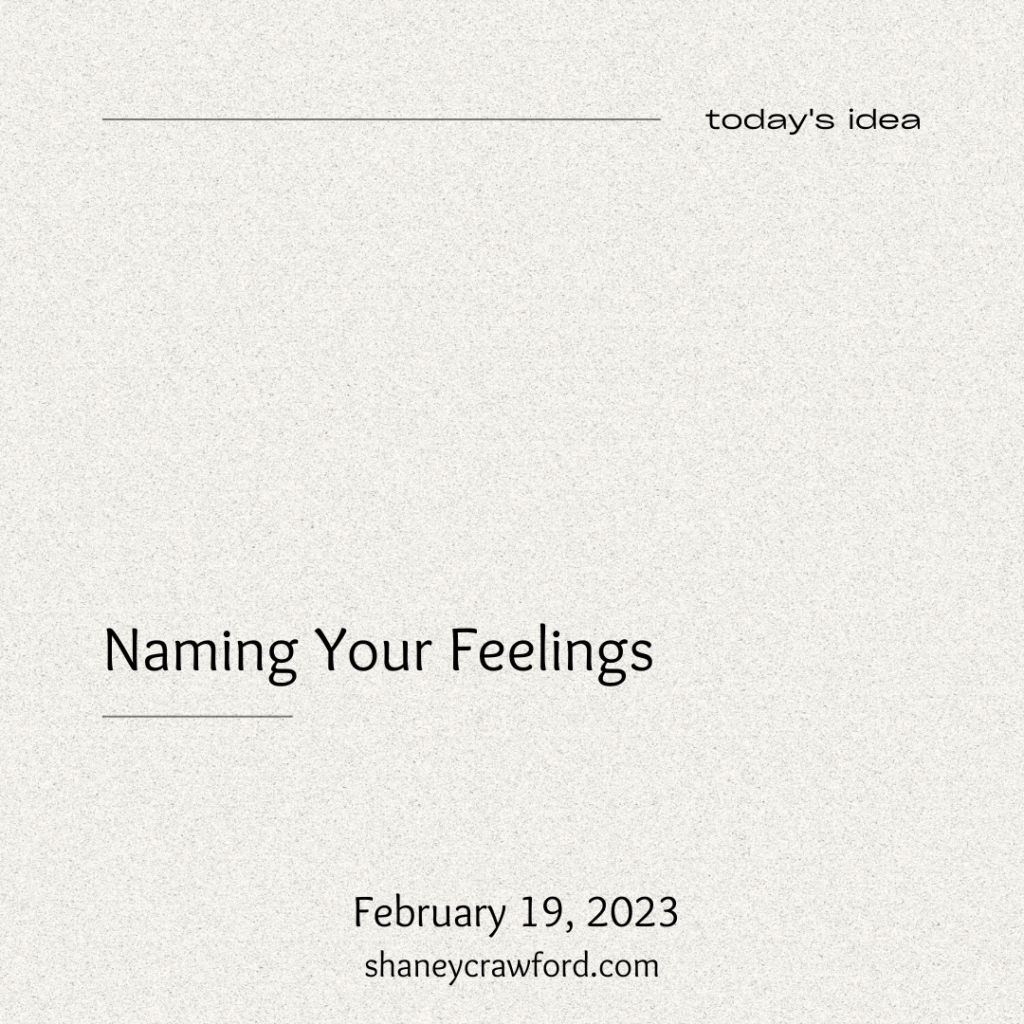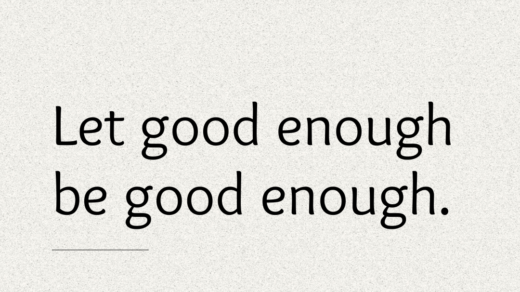Listen to this post as a podcast!
This week, I had one of those days where I couldn’t seem to win. I had two particular encounters on that day that didn’t go my way. One of them was a negotiation, and I was not able to get the person to give even a tiny bit of ground. It was 100% in his favour to start, and 100% at the end, and there was no budging him. The second involved someone who was very mad at me about something. I got to the end of the day, and I was really, really bothered by both of these situations. In the past, this would have been a very good reason for me to go out and eat fast food, or junk food, or a lot of food, and then go to bed with a stomach that was too full. I didn’t make the connection at the time, but this was my way of self-medicating. If I couldn’t be happy, or get my way, at least I could be full.
These days, I have a completely different reaction to frustrating situations. On that day, when I was feeling very “hard done by”, I took the following three actions.
- As soon as I was able to (which wasn’t until after I finished work), I stopped and just sat for a few minutes in stillness and quietness. I did this in my car before I drove home.
- While I was sitting, I concentrated on my breathing. I didn’t do exaggeratedly deep breathing or anything like that. I just took a few moments to notice how I was breathing and ask myself some questions about it. Was I taking deep or shallow breaths? What was the cadence? Do I want to change anything about my breathing? Would it help me to take a deep breath?
- I named my feelings.
It’s this third one that I want to talk about today. Naming my feelings. This is as simple as it sounds. I thought to myself, “What feelings am I feeling right now?” And the answer in that moment was that I was feeling anger, disappointment, sadness, and fear.
The anger, disappointment, and sadness were the obvious ones, but the fear was not. I think that I am not a naturally fearful person, and I do not usually suffer from anxiety. So, when someone said to me a few months ago that fear was probably at the root of some of my problems, I didn’t really understand what that meant. I am generally a pretty confident person (some would say too confident) and have a healthy amount of self-esteem, so I thought that this “diagnosis” probably didn’t apply to me.
I have come to understand, however, that even confident people can be undermined by fear, and that it is our — often unconscious — reaction to this fear that can cause our interactions and relationships to suffer.
On that day, when I named my feelings, I went one step further and named the things I feared. What doomsday events were playing out in my mind? What slurs or insults did I fear were being hurled at me? What part of my persona felt like it was being attacked and needed to fight back (or flee)? And should I be afraid of these things? How likely are they to play out? And even if they do play out, how likely is it that I won’t be able to handle the situation?
I don’t know why, but naming my feelings, and kind of analysing them from a more objective perspective seems to really help me get over things more quickly than I have been able to in the past. For some reason, once I do this third step, the sting of the hurt diminishes, and I am able to move on without feeling like I am on “high alert”. I may still play the conversations over in my mind, but I can calm down and think about them a bit more objectively once I name the feelings that are operating behind the scenes. And that helps me to take the next step, which is to think more clearly about what I could have done better, rather than just continuing to feel angry, disappointed, sad, or scared.
I took one final step the next morning, when I did six minutes of exploratory writing (see: Exploratory Writing: Everyday Magic for Life and Work by Alison Jones) where I reflected on how the events of the day before had played out and how I could potentially avoid getting myself into similar situations in the future. I was careful not to blame or criticize the other people involved in these transactions, but “stayed in my lane” and thought about my own actions and how I could make changes that were in my locus of control.
In my weight loss journey over the past 18 months, many people have marvelled at my “willpower”; however, I do not attribute my progress to willpower. In fact, I think the concept of willpower is garbage. People who are not addicted to food can avoid overeating because they are not addicted. It’s the same as people who are not addicted to drugs or alcohol or sex. If you are not addicted, you don’t need willpower to keep you from over-indulging. You just stop, or never start, because you can make a rational decision about how much is enough. People who are addicted to food overeat because of a compulsion that they have to eat, and there is no amount of willpower in the world that can stop a compulsion like that. The compulsion has to be stopped by the person recognizing what is CAUSING the compulsion and working on that.
In my case, I think one thing that was causing my compulsion to eat was an unconscious desire to avoid feeling my feelings. I do not have any idea why the connection was made in my brain between food and feelings, but it was (is) there nevertheless. So, this practice of naming my feelings helps me to have a more balanced emotional life, which is great, but it also helps me not to go back into my addiction every time something happens that upsets me. The better I get at stopping and pausing, breathing, and naming my feelings instead of letting them take over the decision-making center of my brain, the further away I can get from my learned addictive response.
I’m sure it makes some people uncomfortable to hear me admit that I have an addiction, or for me to talk openly about addiction in this way, but I strongly believe that these kinds of conversations need to be had so we can stop thinking about addiction as a moral failing, and start coming up with ways of helping people figure out how to recover from addiction.




